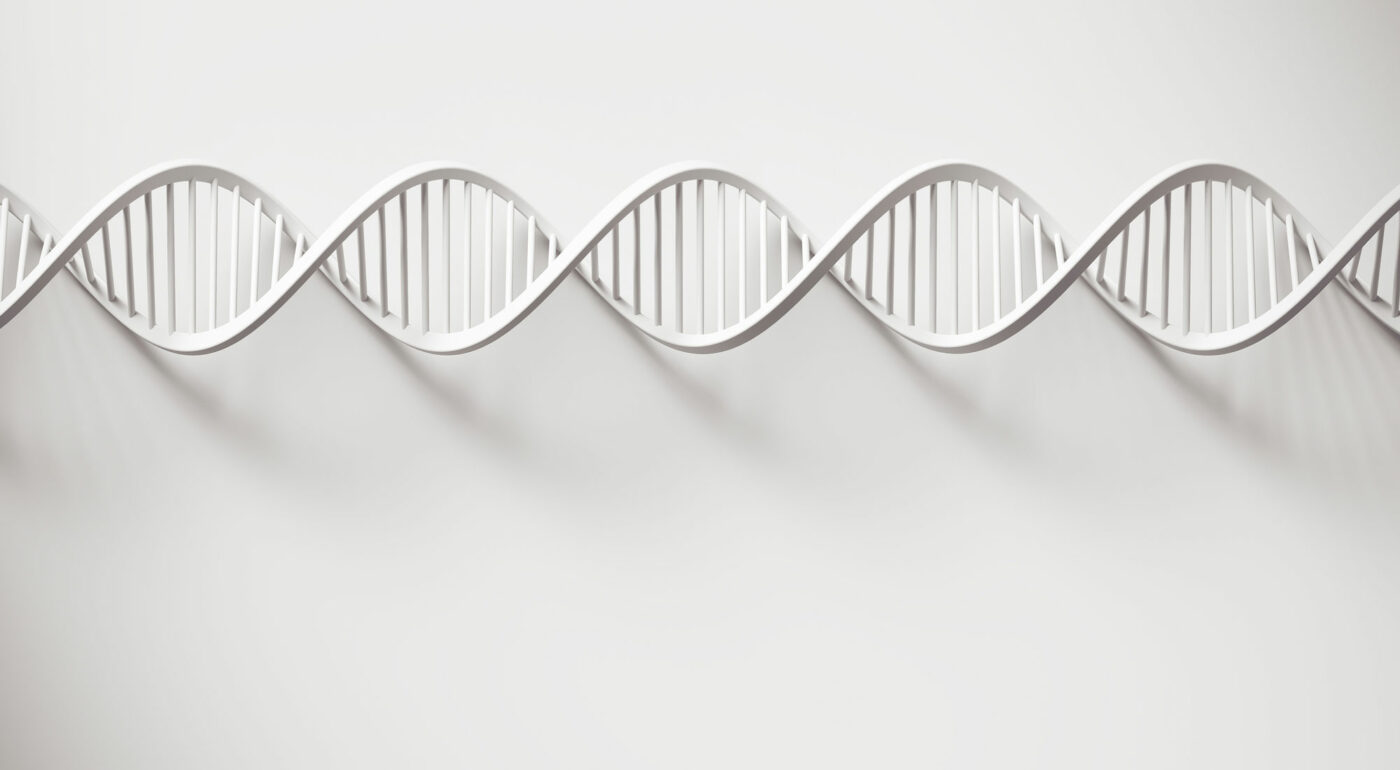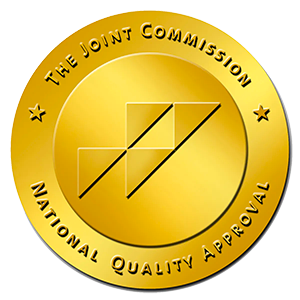By Stephanie O’Brian
When you hear that a certain illness is genetic, you may automatically acquire a sense of hopelessness. After all, if something is written into the fabric of a person’s being, knit within their very DNA, how can it ever be overcome?
As scientists and physicians alike have unearthed more layers to human genetics, they have fueled further questions, too. Questions such as, Are mental health disorders genetic? What is the relationship between addiction and genetics? Is genetic testing for mental health disorders something I can have done?
The Answers Are Complicated
Addiction, and especially drug and alcohol addiction, are the result of a multiplicity of factors interacting over time.
Addiction, and especially drug and alcohol addiction, are the result of a multiplicity of factors interacting over time. Is alcohol addiction genetic? There is no single gene which will determine if a person will definitively be an alcoholic who struggles with addiction. Rather, there are multiple genes that come together in your body and can cause various reactions.
Research shared in the National Library of Medicine indicated that there is “overwhelming evidence” available showing that genetic variations contribute to our risk for alcohol dependence. We know the role in families, due not just to stories, but to science. This same research included twin studies where twins’ alcoholism was more likely to correlate with their biological parents’ level of alcoholism as opposed to that of their adoptive parents.
Further research conducted by the Cleveland Clinic also confirmed a definite relationship between addiction and genetics, revealing that about half of our susceptibility to developing a substance use disorder can be hereditary. Though half seems like a lot, this means there is still an entire other half that is within our control. Genetics are simply a blueprint to our lives, but it is the choices of our lives that really determine our fate.
If you know you are susceptible to alcohol addiction genetically, here are a few tips that may help you in securing a healthy lifestyle for yourself:
- Limit your access to alcohol; be intentional about establishing restrictions
- Encourage accountability from family and friends early on
- Find alternative beverage options you enjoy for social occasions
- Seek preventive treatment before experiencing symptoms of addiction to help curtail other physical and mental struggles in your life
Every human on earth, with certain medical exceptions, has 23 pairs of chromosomes and roughly 20,000 genes. Many genes act like light switches, where they can be turned on. The genes associated with addiction are this way. So what, then, turns on these genes?
The Science Behind Addiction and Genetics

The Cleveland Clinic found that those who have a preexisting mental health struggle have an elevated risk of developing an addiction. Their findings also indicated that certain environmental elements can contribute to addiction, or “turn on” the genes related to addiction. Some of these include:
- Easy access to substances
- Peer pressure
- Traumatic stress
Another major component to the complex puzzle of addiction occurs in childhood. The number of Adverse Childhood Experiences (ACEs) a person experiences directly correlates with physical and mental health struggles as an adult — including addiction, according to HuffPost.com. Therapists and physicians across the United States are now using a brief ACEs questionnaire to help identify a patient’s history as well as gain insight to explanations for their physical and mental struggles.
The beauty of genetic testing and knowing your family history is simply awareness. For instance, if you are aware of the potential for diabetes or heart disease because it runs in your family, you may take precautions and make your physicians aware as well. An awareness merely heightens your mindfulness to the risks. Like with most things in healthcare, preventative medicine is the best kind of medicine. If you are aware of your family history, genetic makeup and predisposition, you can make efforts to prevent full-fledged conditions like addiction.
If you are aware of your family history, genetic makeup and predisposition, you can make efforts to prevent full-fledged conditions like addiction.
Hope Can Be Found
So, is alcohol addiction genetic? The answer is yes — but that is not the end of the story. In the popular 12-Step programs that exist for those in recovery all across the United States and the world, it is common to say the Serenity Prayer in unison to close a meeting: “God grant me the serenity to accept the things I cannot change, courage to change the things I can, and the wisdom to know the difference.”
The reason the Serenity Prayer is often referred to as the “Addict’s Prayer” is because there are so many things outside of your control, your genetic makeup being chief among them. However, there are still so many parts you can control. This is where places like Bournewood Health Systems come in. Our experts may not be able to change our patients’ genes, but we can help to instill the courage they need to change what they can and find healing. Contact us today to learn more, including about our Partial Hospitalization Program (PHP) level of care, available at several locations in the greater Boston area.


